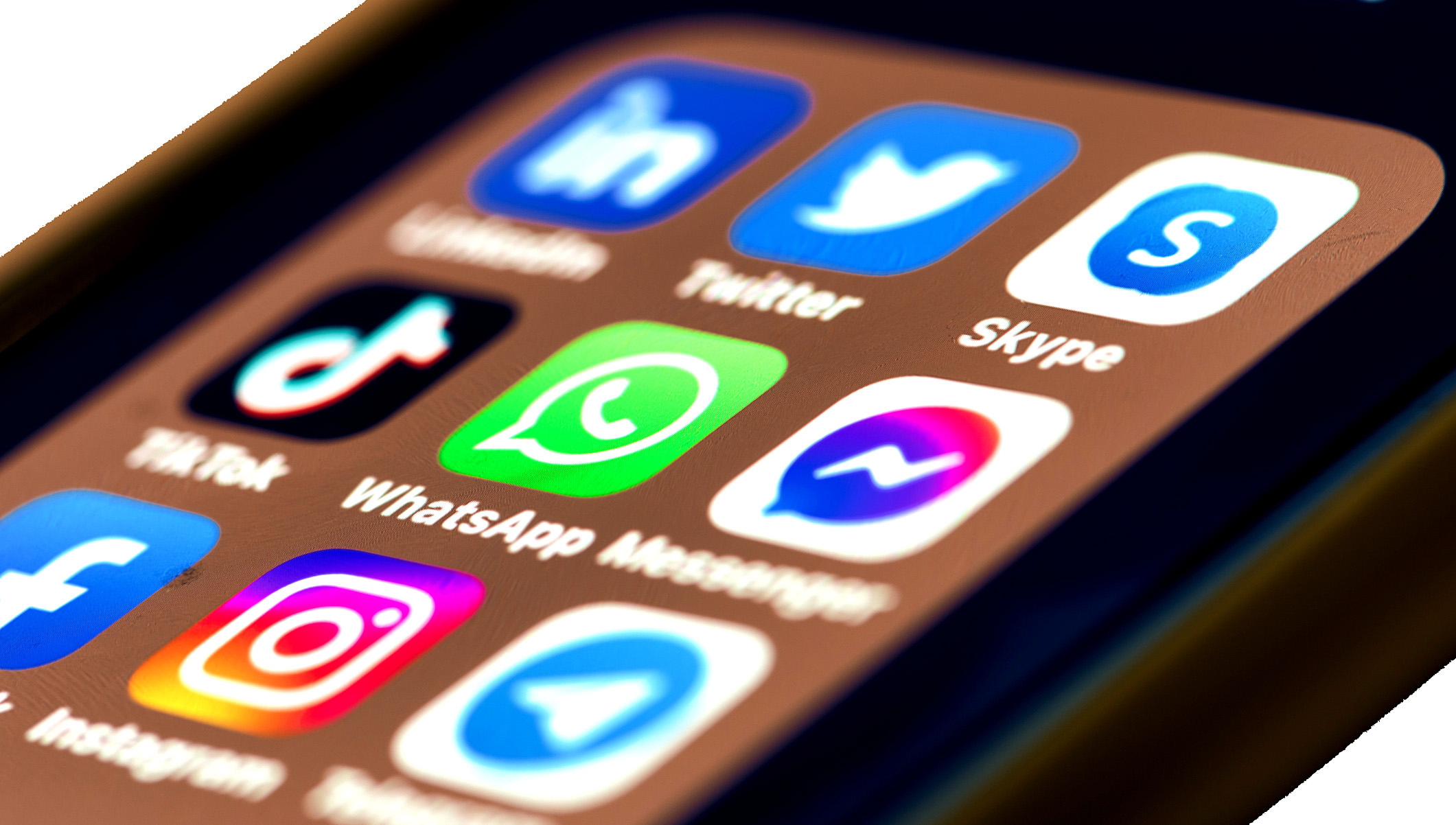I sometimes wonder if the quickest way to bring the economies of many countries to a staggering halt would be to simply switch off WhatsApp.
Really, I think I live my life on it. Virtually all of my communication.
To the point where I often forget to check my email.
I imagine that you, like me, are on an unbelievably long list of groups. And while it’s become common to complain about the number of groups that you are on (so many groups start with the admin apologising for creating “yet another group”), the fact is that creating another group is usually the correct solution to whatever communication problem you have.
It’s also amazing how WhatsApp has changed our lives.
In the late 1990s, I tried to phone a friend in Harare simply to wish him Merry Christmas. This was from a home landline to a home landline.
It took forever to work out how much it would cost.
But that was nothing compared to how long it took. Zim being Zim, and this being the only way to speak to him, I called about 17 times just to get his landline to ring.
Much easier to talk to
Now, that same friend has moved several time zones away — but he’s so much easier to talk to. I can call him any time and have a quick chat.
All on WhatsApp.
It’s funny because the main reason this works is that data networks have been created. More and more of us make our calls on WhatsApp because it’s cheaper.
MTN and Vodacom have both noticed this, as it has had quite a big impact on their bottom line.
In May, MTN said its data revenue for the first quarter of the year was up by nearly 18% and described its voice revenue as “mostly flat”.
Obviously Vodacom is hugely affected by this too — they’ve reported the same dynamic. At some point, some of these companies might start to switch off their voice services.
Last year in December, after spending much of the day phoning tyre shops (this was the same Tyre Shop Incident of 2024, where I was inspired to write about retirement), I ran out of airtime.
Thankfully, I was on the phone to an old friend at the time. I called her back on WhatsApp and we could both not stop laughing at the immaturity of running out of airtime.
It was so 2002. Back when we were young.
Now if you run out of airtime, you probably won’t notice. Running out of data, however, will ruin your day.
But WhatsApp has played probably the biggest role in this transition.
I think the first cellphone I got that allowed me to make a video call was a Nokia back in 2004. The first video I took was of my friend on our roof running after what was described as one of the last three chimney sweeps in Joburg.
For a decade, when I tapped on a contact, my bloody phone would ask me if I wanted to make a normal call or a video call.
Not once did I tap “video call”.
Then WhatsApp came along and I was making video calls all the time.
I don’t know what changed, but it was WhatsApp that made me do it. Not Nokia.
Like magic
And of course the fact that companies can use it to keep teams together across borders, oceans and continents is sometimes like magic.
But this doesn’t mean that it’s all plain sailing.
Sometimes I wonder if a lot of what happens in WhatsApp groups has become quite performative.
Perhaps it’s just the career I’m in, but so often people feel they have to all join in to say the same thing.
Say someone wins an award or something. Everyone in the entire group now has to be seen to say “well done”. I’m of a generation where, if you wanted to say that, you’d make a phone call.
Sometimes someone will do something really exceptional and I’ll phone them to congratulate them. When everyone else congratulates them on a group, I then wonder if perhaps all of the other group members think I didn’t think it was that impressive.
Even though I’ve gone further and phoned them.
I realise I’m a member of the species Grumpasaurous for saying this, but I find birthdays particularly tiresome.
If you have 50 people on a group, that’s a birthday almost every week. And with 49 messages saying the same thing every week, that’s nearly 2,500 messages a year.
All saying the same thing.
Being of an age where my birthdays have ceased to exist (I have children…), I often just don’t see the point.
I’m probably on my own here. In fact, I hope that I am. And that everyone else just gets more joy from this than I do.
WhatsApp is dangerously close to becoming my entire life. I can’t imagine life without it.
And yet it’s controlled by Mark Zuckerberg.
A tech bro. Doing something good for humanity. Who’d have thought… DM





 WhatsApp has evolved to become the mainstream email/comms engine of the business world.
(Photo: iStock)
WhatsApp has evolved to become the mainstream email/comms engine of the business world.
(Photo: iStock)